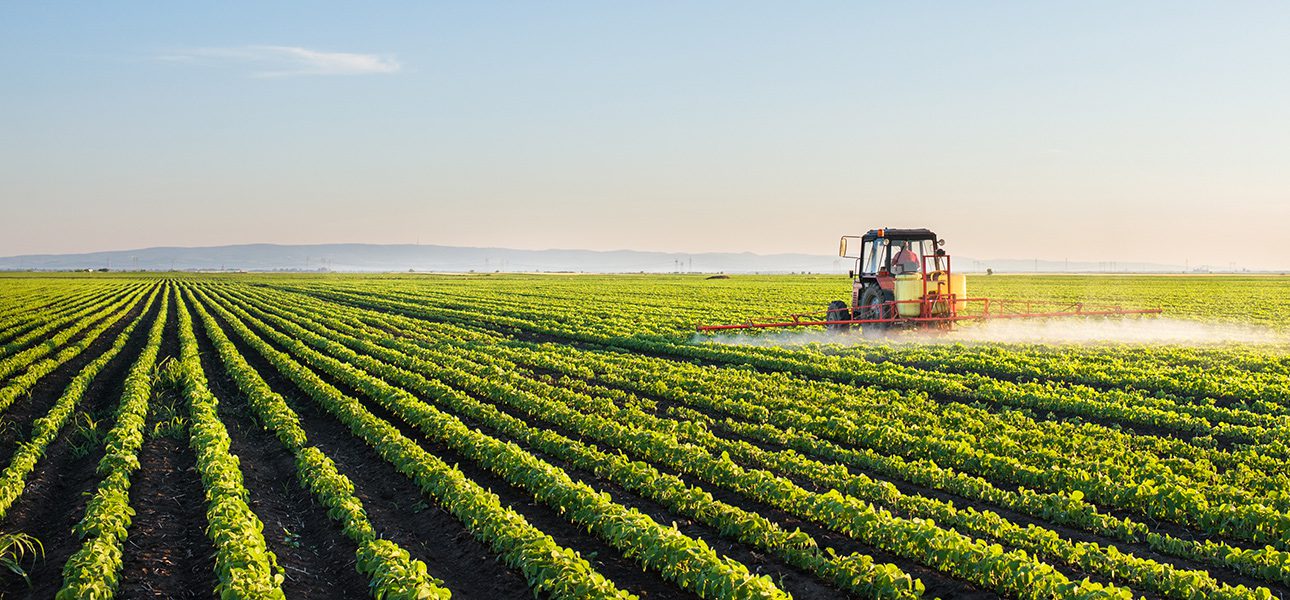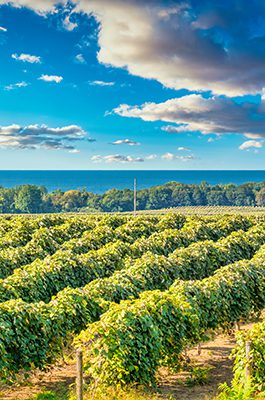Agricultural Finance Review. In Review
Financial Exposure to Environmental Liabilities in Lake Huron Drainage Area Farmlands: A GIS and Hedonic Pricing ApproachChung, K., and P. Adriaens

About the Project


Specifically, we are interested in understanding how farm assets should be repriced for contaminant risk using data fusion of land transactions and farm characteristics, as well as hedonic pricing models. Since currently farm land value increases with contaminant levels due to cash crop yields, we are structuring new financing models with interest-rate adjusted loan products such as sustainability-linked loans and green farm bonds.

